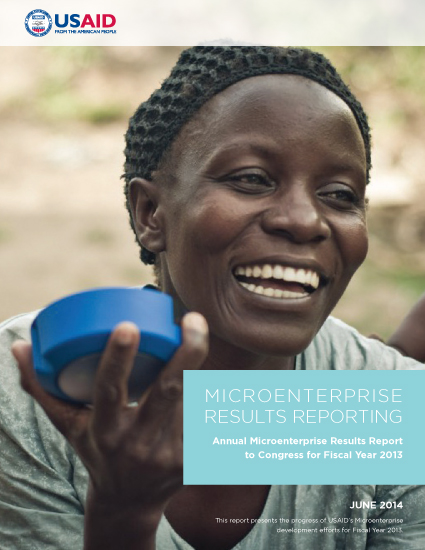Speeches Shim
Throughout the developing world, millions of poor, marginalized people are taking their first steps into the global marketplace by owning and operating a microenterprise. Many of these businesses are operated by women and youth living in extreme poverty, relying upon a microenterprise as their sole source of income. They may not even consider themselves to be the owners of enterprises, but that is exactly what they are.
Unfortunately, not all of these microentrepreneurs have the skills and resources needed to succeed in an increasingly globalized economy. Many are subsistence farmers, migrant workers, and a growing class of urban poor who must compete with cheaper goods and services produced thousands of miles away, beyond their national borders. They often lack the training needed to be competitive, and they face larger challenges that are beyond their control, including a lack of roads and electricity, challenging trade and regulatory environments, and vulnerability to both man-made and natural disasters. While these challenges seem daunting, they are not insurmountable.
In his 2013 State of the Union address, President Obama pledged that the United States “will join with our allies to eradicate such extreme poverty in the next two decades.” Responding to this call, USAID recently updated its mission statement, stating “We partner to end extreme poverty and to promote resilient, democratic societies while advancing our security and prosperity.” If the world is to achieve this ambitious yet obtainable goal, the world’s poorest will need to be able to participate in and benefit from economic growth. At USAID, we have been working on this challenge by addressing the obstacles that limit economic inclusion for the poor. Through the Feed the Future initiative, we are working to facilitate inclusive markets that link poor producers to markets for their products. By working alongside the private sector through our Development Credit Authority loan guarantees, we are helping to extend credit to aspiring entrepreneurs who might not otherwise qualify for a loan. At the same time, we are working with the private sector to ensure greater client protection and develop new financial products that meet the needs of poor households. We are also working to harness the transformative power of mobile technologies to extend financial inclusion well beyond the reach of traditional banks.
Through this year’s Microenterprise Results Report, we take stock of microenterprise investments made throughout the Agency. At the same time, we would like to highlight a few of the key successes of USAID’s long-term involvement in the sector. From the Agency’s instrumental role in supporting the foundation of the microfinance industry, which is increasingly less reliant upon donor support, to developing inclusive value chains that increase household incomes while improving food security and resilience, we are pleased to showcase the microenterprise work that is being delivered throughout the world on behalf of the American people.
Sincerely, Eric G. Postel Assistant Administrator Bureau for Economic Growth, Education, and Environment (E3) U.S. Agency for International Development


Comment
Make a general inquiry or suggest an improvement.